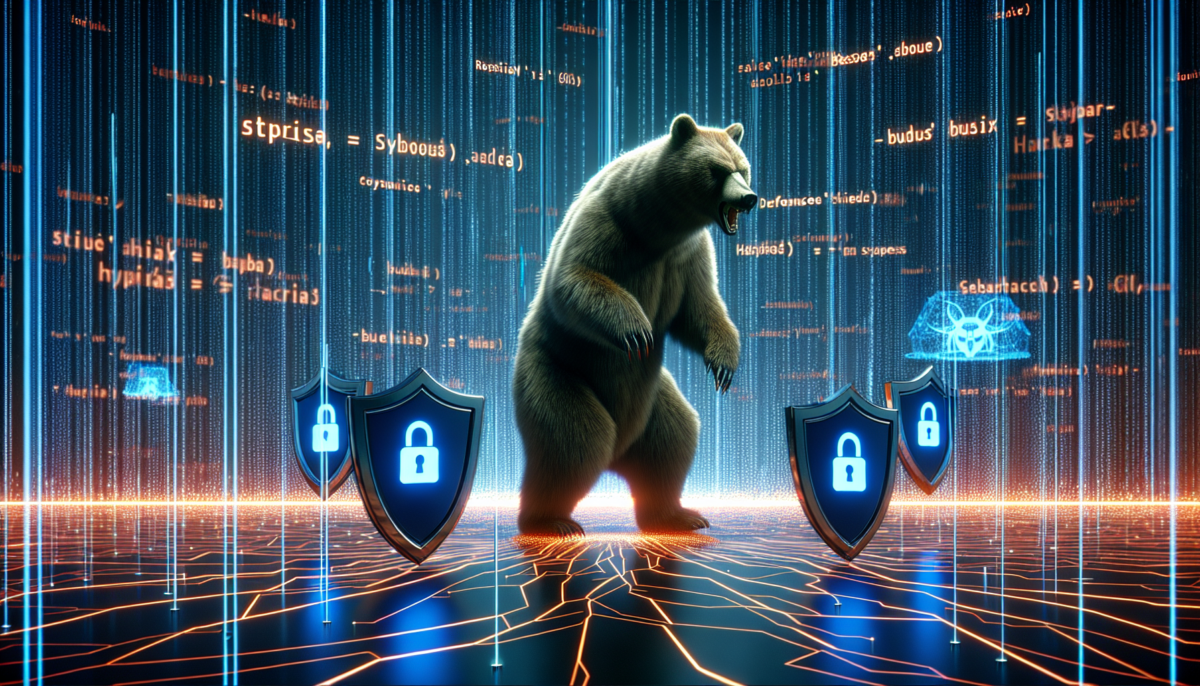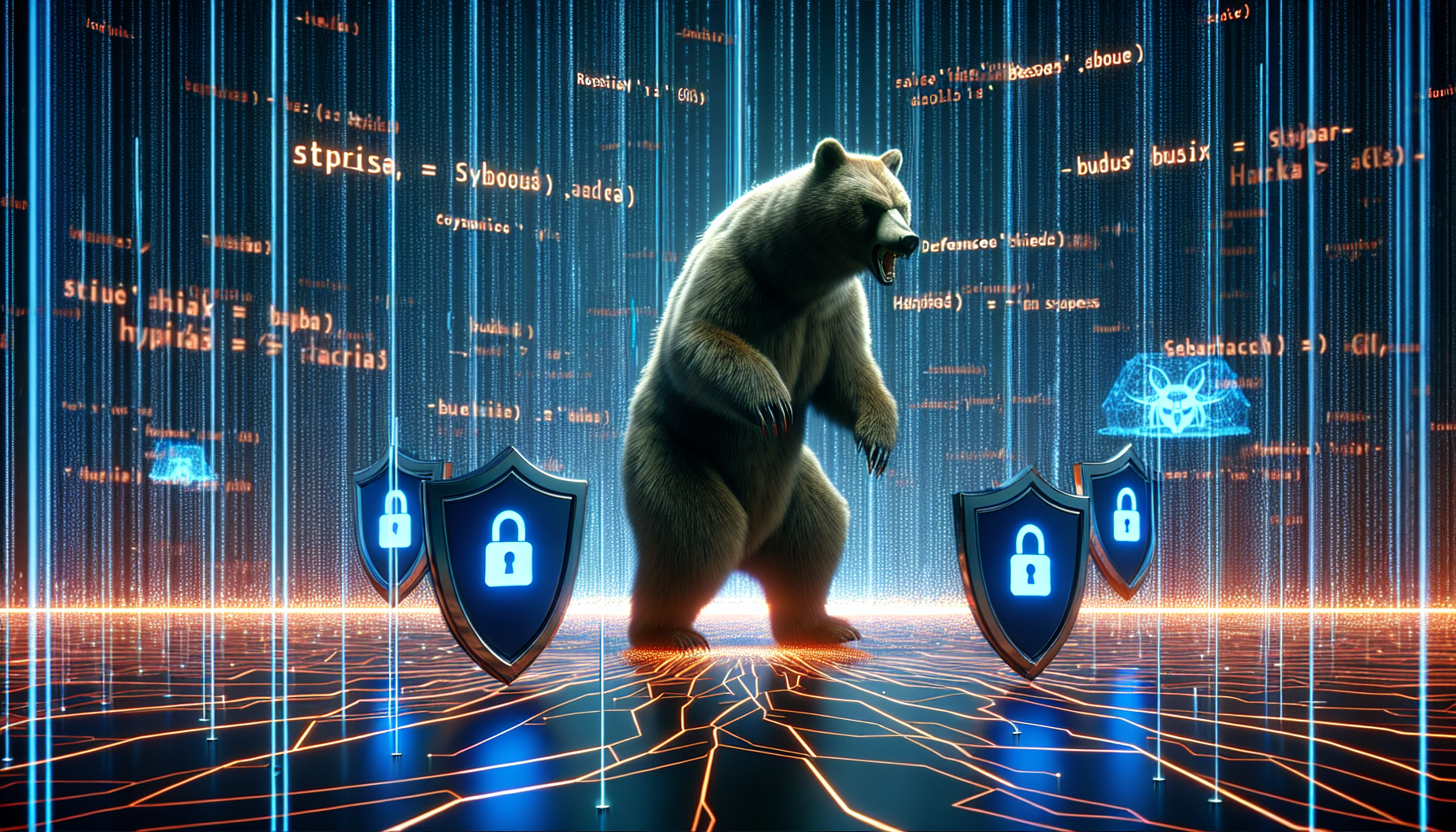TeamViewer Accuses Russia-Associated Hackers of Major Cyberattack
We independently review everything we recommend. When you buy through our links, we may earn a commission which is paid directly to our Australia-based writers, editors, and support staff. Thank you for your support!

TeamViewer Claims Cyberattack by Hackers Linked to Russia

Quick Read
- TeamViewer was targeted in a cyberattack, reportedly by the Russian group APT29.
- APT29, also referred to as “Cozy Bear,” has connections to the Russian foreign intelligence service.
- No customer information or product area was compromised.
- The incident underscores the persistent cybersecurity threats facing global organizations.
TeamViewer’s Cyberattack Ordeal
German software firm TeamViewer disclosed a cyberattack earlier this week, blaming the breach on the Russian hacker group APT29, which is also referred to as “Cozy Bear” or Midnight Blizzard. This group is infamous for its connections to Russia’s foreign intelligence agency.
Who is APT29?
APT29 is an advanced cyber espionage organization thought by Western intelligence to be working on behalf of Russia’s foreign intelligence service. This group has been associated with numerous significant cyberattacks, such as the notorious SolarWinds breach.
Previous Involvements
In March, Alphabet’s Mandiant cyber unit discovered that APT29 was trying to trick significant German political figures with phishing emails. This event highlights the group’s ongoing attempts to penetrate high-value targets.
Impact on TeamViewer
TeamViewer focuses on cloud-based technologies that facilitate remote computer access and control. They reported that hackers breached their corporate IT infrastructure, but did not reach the product environment or any customer information. This containment averted potentially disastrous outcomes for the company and its users.
Implications for Cybersecurity
This attack underscores the persistent danger presented by hacking groups backed by nation-states. Organizations globally need to continually improve their cybersecurity protocols to safeguard sensitive data and uphold the integrity of their operations.
Summary
The recent cyberattack on TeamViewer, executed by the Russian-linked hacker group APT29, highlights the ongoing and evolving threats within the digital realm. Although TeamViewer managed to control the breach, the event emphasizes the critical need for strong cybersecurity strategies for organizations worldwide.
